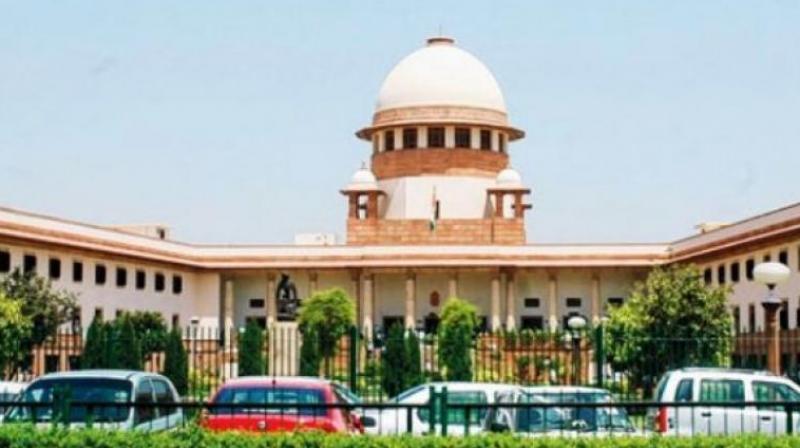Supreme Court dismisses plea to make electoral offences cognisable
'Heard and dismissed,' said the bench also comprising justices A M Khanwilkar and D Y Chandrachud.

New Delhi: The Supreme Court on Monday dismissed a plea that sought a minimum punishment of two years for electoral offences, including bribery, false statement, undue influence, by candidates and political parties.
A bench of Chief Justice Dipak Misra refused to entertain a PIL filed by advocate Ashwini Kumar Upadhyay that sought to make electoral offences cognisable.
"Heard and dismissed," said the bench also comprising justices A M Khanwilkar and D Y Chandrachud.
In his plea, Upadhyay had alleged that since 2000, apart from general and state assembly elections, bribes were also given to garner support for particular political parties and candidates in by-polls.
"The change in law has become necessary as there have been increasing incidents of bribery being detected in all elections, from local body polls to Lok Sabha elections. "This is because, currently, bribery is a non-cognisable offence attracting only minimal punishment," the petition said.
Upadhyay, in his plea, had also said in 2012, the Election Commission of India had recommended to the Home Ministry to amend the existing law to make bribery during elections (both in cash and in kind) a cognisable offence, enabling police to arrest violators without a warrant and to enhance the punishment up to two years. He said the Home Ministry has conveyed to the poll panel that it has initiated the process to amend sections 171B and 171E of the Indian Penal Code for the same.
However, the government has not done anything in this regard till date, the petitioner claimed.

